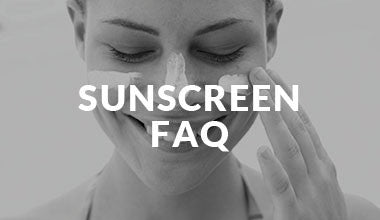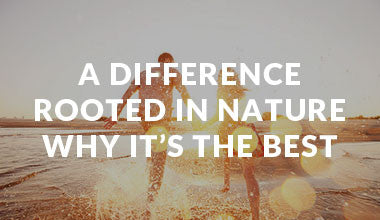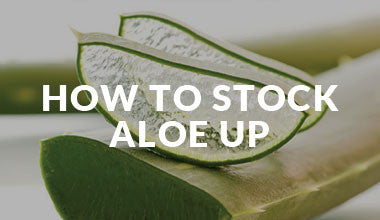Sunscreen Supports "SUPERHERO GENE"
A recent article found in the Brisbane Times outlines sunscreens ability to support what they call a "Superhero Gene" found to fight skin cancer.
Sunscreen not only prevents sunburn but protects a "superhero gene" that fights all three forms skin cancer, Australian researchers have discovered.
Researchers at the Queensland University of Technology have conducted a "world-first" human study examining the impact of sunscreen at the molecular level.
They have found that sunscreen not only provides 100 per cent protection against sunburn, but also shields the important p53 gene, which works to prevent all three forms of skin cancer - BCC (basal cell carcinoma), SCC (squamous cell carcinoma) and malignant melanoma.
Lead researcher Dr Elke Hacker said the study found repeated sunburn could damage the p53 gene, preventing it from doing its life-saving work.
"As soon as our skin becomes sun damaged, the p53 gene goes to work repairing that damage and thereby preventing skin cancer occurring," Hacker said.
"But over time if skin is burnt regularly the p53 gene mutates and can no longer do the job it was intended for - it no longer repairs sun damaged skin and without this protection skin cancers are far more likely to occur."
Fifty-seven people who participated in the study underwent a series of skin biopsies to determine how UV exposure affected molecular changes in their skin.
Two skin spots on each particpant were exposed to a mild dose of UV light, but sunscreen was applied to only one spot.
Researches tested the two skin spots after 24 hours and found that where sunscreen had been applied there were no DNA changes and no damage to the p53 gene.
"In Australia we have strong standards around sunscreens and their ability to protect against [sunburn],"Hacker said.
"This research looks beyond the redness to determine whether UV exposure when using sunscreen causes molecular changes to the skin ... that can enhance skin development."
Hacker said the study could be used to develop post-sun exposure treatments, such as super sunscreens, to assist in the repair of sun damaged skin.
New Zealand has the highest rate of melanoma in the world, while other skin cancers are very common, according to the New Zealand Cancer Society.
Cancer Council Queensland spokesperson Katie Clift said the research reinforced the importance of using SPF30 water-resistant sunscreen and reapplying it every two hours.
"Applying sunscreen correctly is important. It's also important to complement sunscreen with sun protective clothing, a broad-brimmed hat, to seek shade and slide on wraparound sunglasses for best protection," she said.
The Cancer Society recommends adults apply more than half a teaspoon of sunscreen to the face, neck and ears.
It is recommended adults apply more than one teaspoon of sunscreen is to each leg and arm and their back and chest.
The research was funded by Cancer Council Queensland and published in the Pigment Cell and Melanoma Research Journal.
- Brisbane Times




